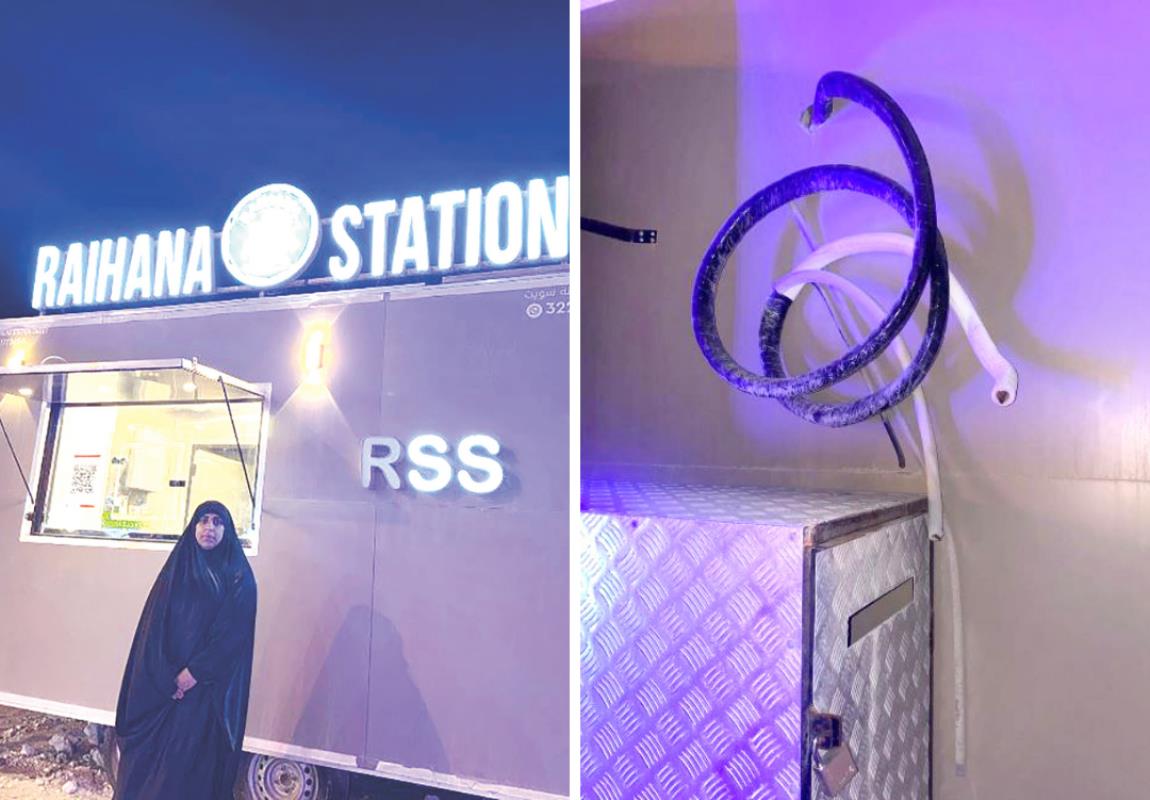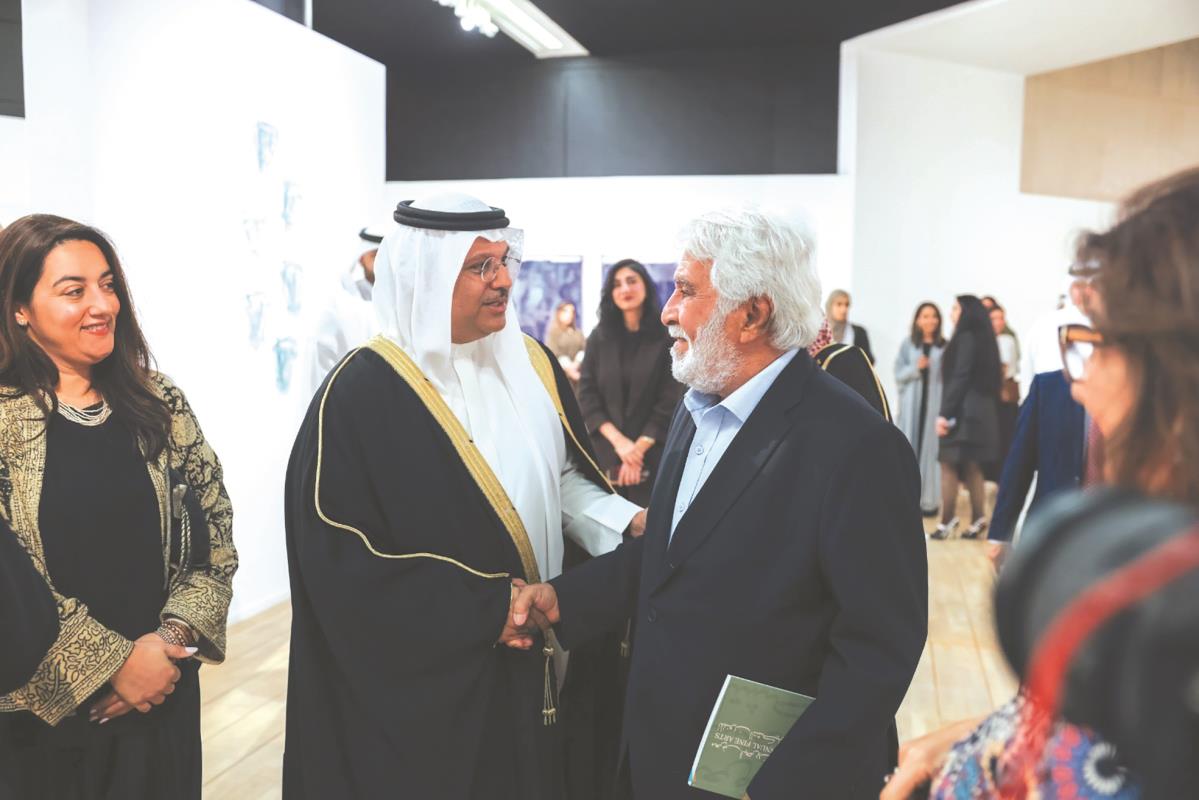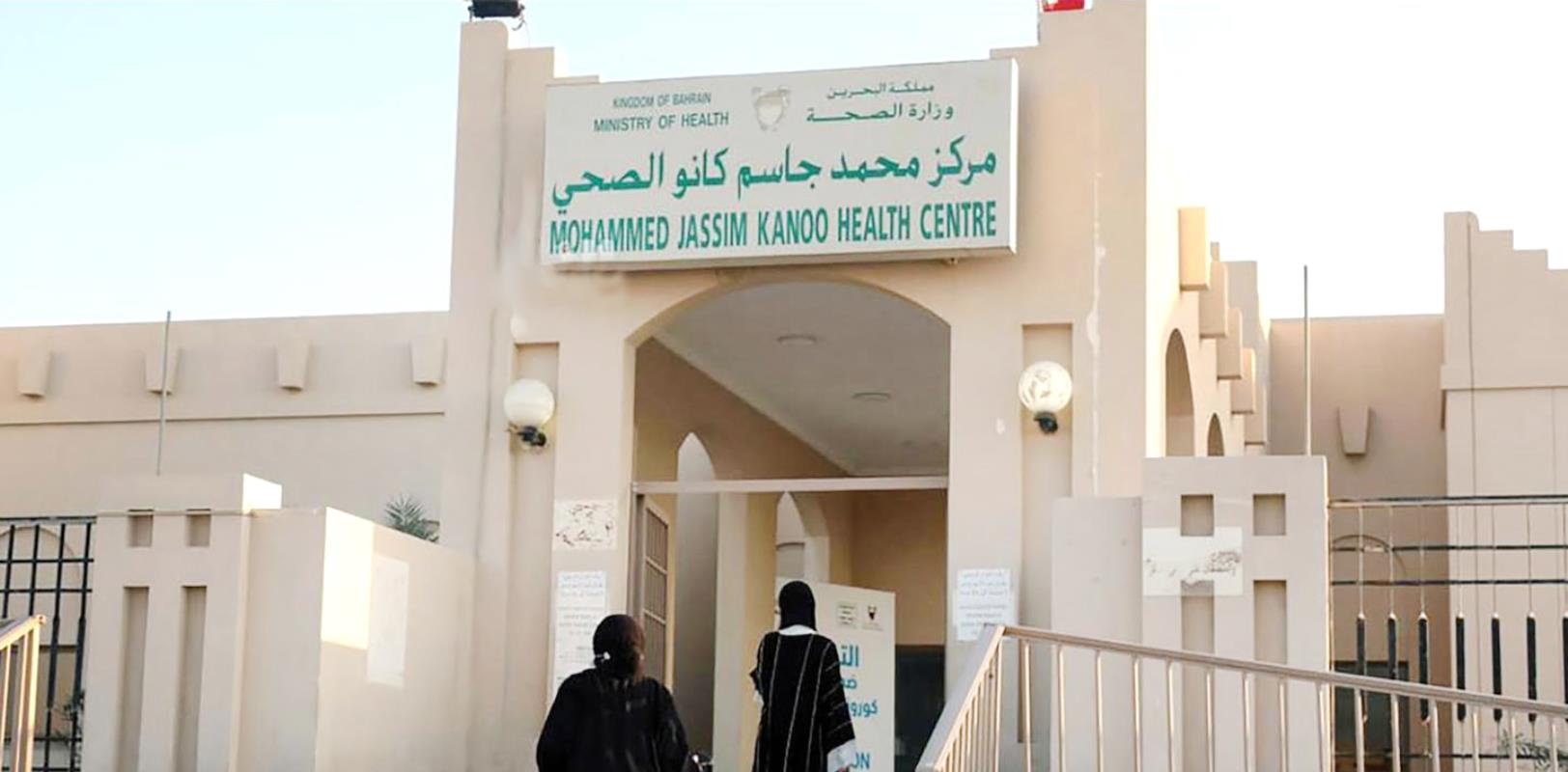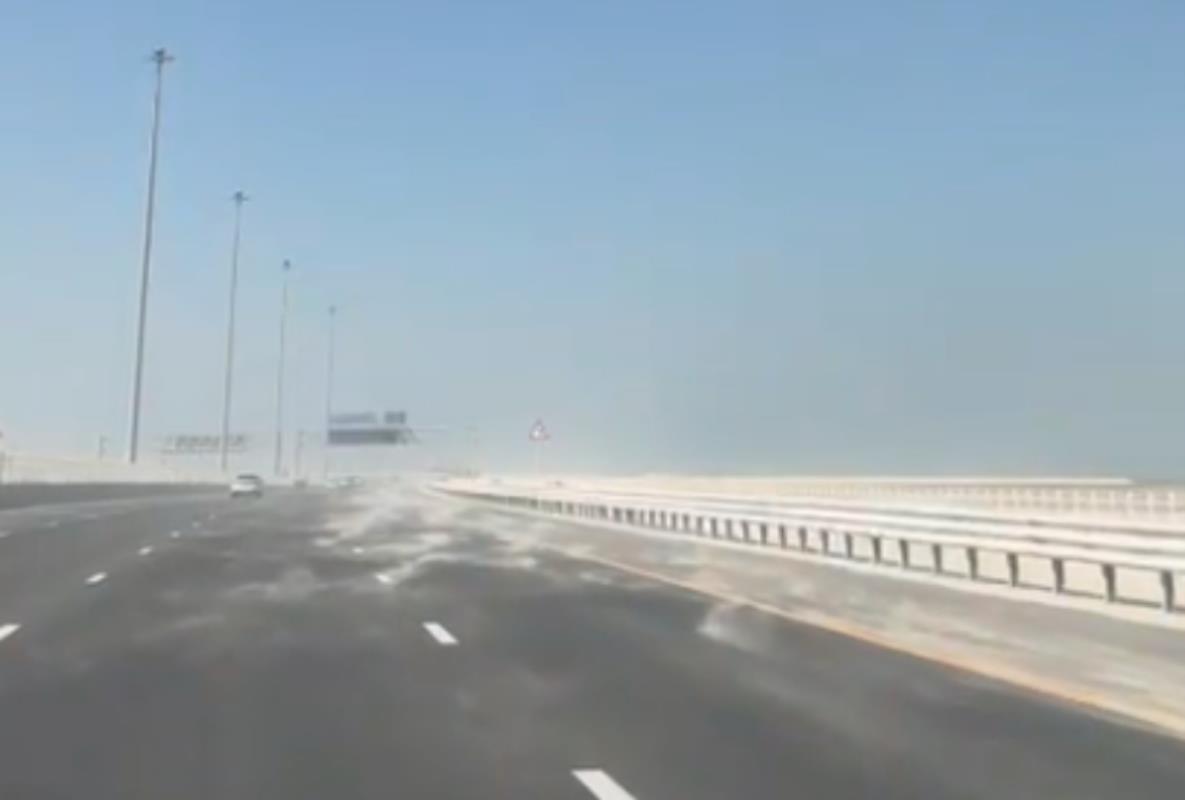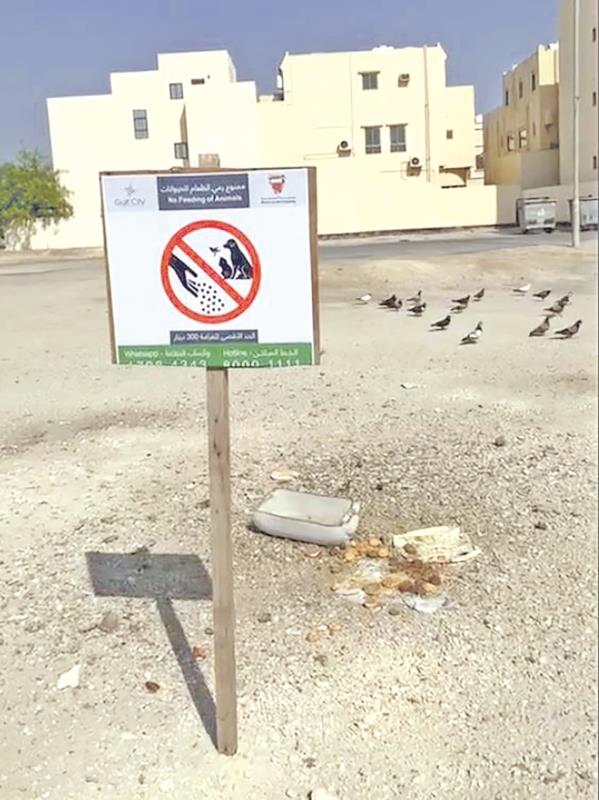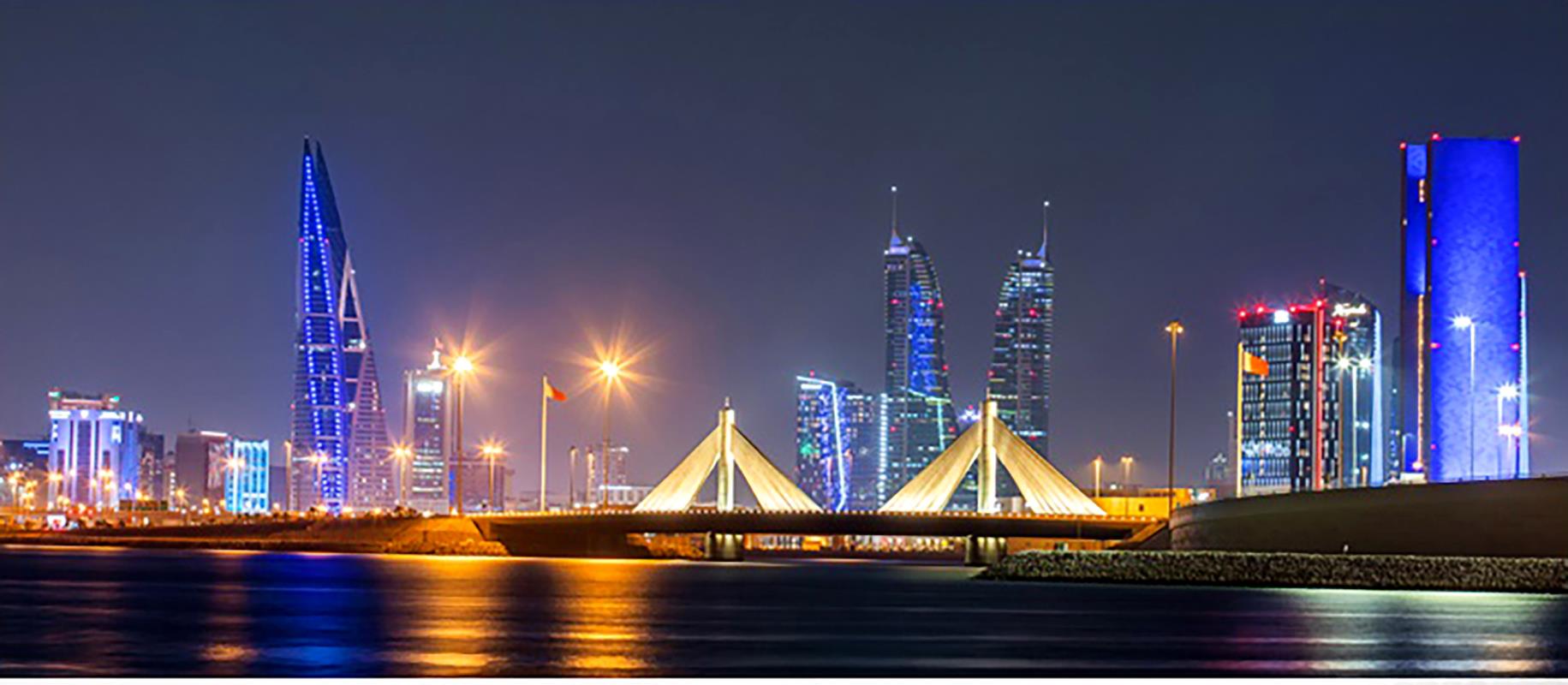
GCC economic value-at-risk projected to increase by 65%
UAE resilience strengths: digital infrastructure, transport safety and governance reforms accelerating under We the UAE 2031 and UAE Net Zero 2050
Dubai, UAE - November 27, 2025: The latest Arthur D. Little report, "Crisis Resilience: A Strategic Imperative for GCC’s economic future" highlights the UAE’s resilience journey within a region where the GCC’s economic value-at-risk from natural and man-made hazards is projected to reach US$9.5 billion by 2040, around 65% higher than the US$5.8 billion over the last 15 years. Within this outlook, the UAE’s exposure remains comparatively limited, supported by sustained investment in digital infrastructure, transport safety, and governance.
As digital innovation, diversification, and climate goals reshape global markets, resilience underpins long-term stability and competitiveness. The UAE has advanced smart-city initiatives and digital governance, backed by NCEMA, the 2019 National DRR Strategy, the National Strategy for Food Security 2051, and the Dubai Resilience Center, to sustain momentum and service reliability under We the UAE 2031 and UAE Net Zero 2050. The report also notes that the UAE has historically accounted for only a small portion of the GCC’s recorded crisis impacts, underscoring the effectiveness of its national preparedness and infrastructure planning. Region-wide, recorded disaster incidents rose 57 percent over the last three decades, reinforcing the importance of forward-looking resilience strategies across the GCC.
Francisco Tebar, Principal of Growth, Travel & Transportation at Arthur D. Little said “Resilience is ultimately about keeping progress steady, even when conditions change. When countries strengthen preparedness, invest in reliable systems and use data to guide decision making, they create an environment where people and businesses can move forward with confidence.”
Building on this foundation, the UAE continues to invest in AI-driven threat detection, real time risk monitoring and a comprehensive national cybersecurity framework to protect financial, energy and telecom networks. At the same time, predictive transport analytics - from aviation to maritime and urban mobility - are enhancing safety and operational continuity. Expanded 5G infrastructure and AI governance standards are further future-proofing critical digital platforms.
Tobias Aebi, Partner at Arthur D. Little within the aerospace, defence and security sector commented “Modern resilience demands a broader, more integrated approach to security. When countries align their capabilities across digital, physical and operational domains, they build a stronger foundation for continuity, innovation and long term development.”
Economic diversification remains central to resilience. Scaling renewable energy projects, fintech innovation and high-tech manufacturing is reducing hydrocarbon dependence and creating new growth corridors. Public-private partnerships with international cybersecurity agencies, trade-security alliances and financial resilience institutions amplify capacity to share best practices and manage systemic risks.
By integrating resilience objectives into infrastructure design, policymaking, and investment planning, the UAE can turn potential disruptions into opportunities for innovation , a recommendation the report extends to the wider GCC. Continued strategic foresight, bold decision making and strong public-private collaboration will ensure the UAE remains a global benchmark for future-ready resilience.
















































